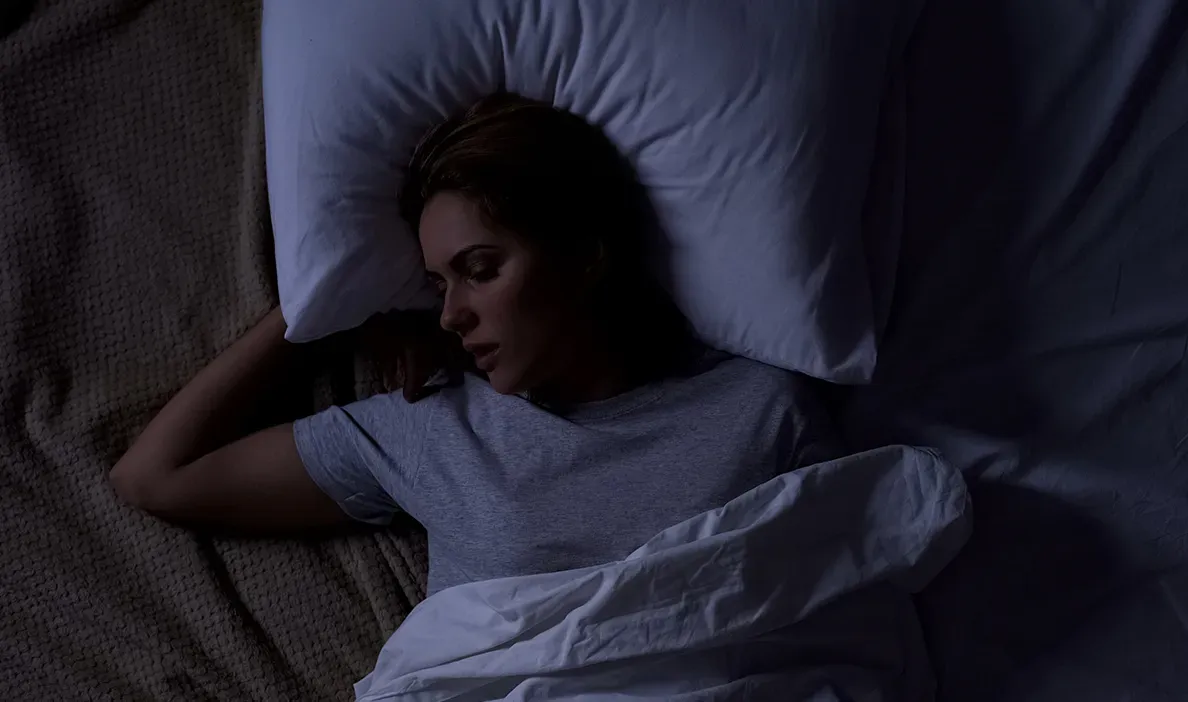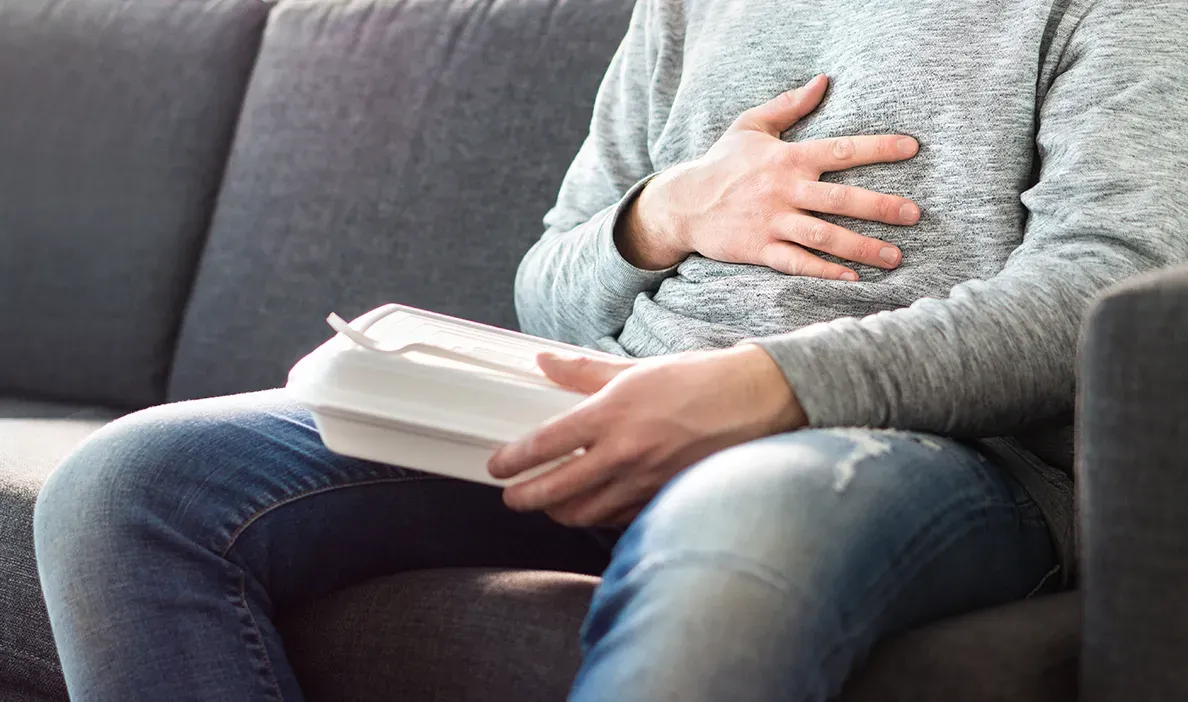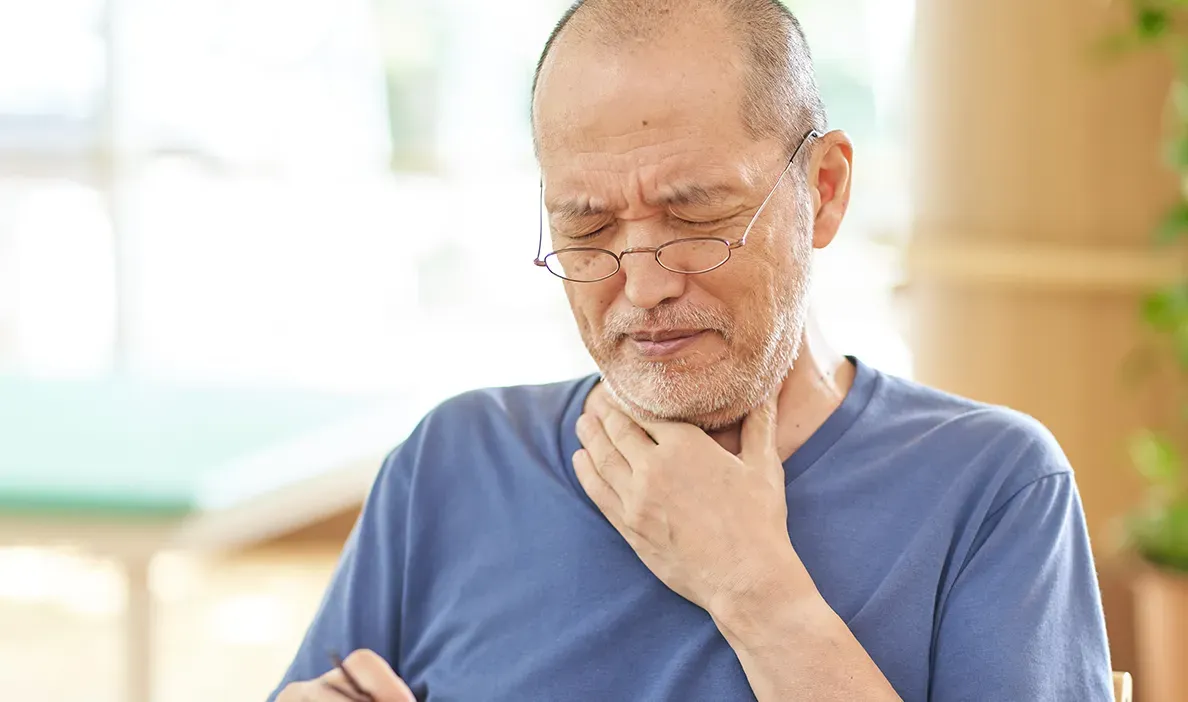Getting a good night’s sleep
A good night's sleep is so important for your body, both physically and mentally.1 When you sleep, your body gets to work repairing damage, supporting your immune system, and saving your energy levels. It can also help to reduce your stress levels.2 It is recommended that the average adult gets between 7–9 hours of sleep each night.2
There are lots of reasons why getting a good night’s sleep can be challenging when living with cancer.3 In this article, you’ll find some information to help you understand why sleep may be a struggle, and a few tips to try and help you get the best sleep possible.
Why you might be struggling to sleep
Symptoms
Your symptoms can affect your sleep, such as if you are in pain or feeling sick.3
If you are struggling with symptoms, you might find our ‘Living Well’ articles useful. If you do experience any new, ongoing, or worsening side effects, it is important to tell your doctor as soon as possible so that they can help you manage them.
Treatment
Side effects of some cancer treatments can affect your sleep.3,4 For example, anti-sickness drugs may be making you feel restless, while other treatments can cause insomnia. Insomnia is when you have difficulty falling asleep and staying asleep at night.3
If you think you are struggling to sleep because of side effects of your cancer treatment, please speak to your doctor. They may be able to adjust your treatment schedule or point you in the direction of support, including relaxation techniques and therapy for insomnia.3
Worry
A diagnosis of cancer can be difficult to cope with. It is completely normal to feel worried or anxious.3
If you feel this way, it is important that you talk to someone you trust. This can be family, friends, or even your doctor. If you don’t want to speak to friends or family, you might find counselling helpful. You can speak to your doctor about a referral for counselling.3,4
Tips for better sleep
If you are struggling to fall asleep, here are a few things that you can do to try and relax yourself before bed.
You could:3
- Avoid using an electronic device at least 2 hours before bed
- Try to be physically active during the day
- Try and avoid caffeine at least 6 hours before you go to bed. Also try to avoid large meals within 2 hours of going to bed
- Do something relaxing before you go to bed, such as having a warm bath, listening to relaxing music or reading a book
- Reduce as much noise and light as possible in the room
If you are struggling to stay asleep at night, you could:
- Avoid napping throughout the day
- Create a sleep routine, by going to bed and waking up at the same time each day
- Remove any clocks from your room, as clock-watching can cause stress and make it harder to go back to sleep
- Reduce as much noise and light as possible in the room
Top tip:
Sometimes you should take a break from trying to go to sleep. This might sound odd, but if you are finding it difficult to go to sleep, you could try getting up and doing something light to try and empty your mind. This could include reading a book or watching a relaxing programme on TV. Clearing your mind might help you to relax and be able to fall asleep.5
Not being able to get a good night's sleep can be really frustrating, especially when you are doing everything you can to make it happen. If you feel that these tips didn’t help, or if there may be something else affecting your sleep, please speak to your doctor as they may be able to help you.
References
- University of Michigan: School of Public Health. Sleep 101: Why Sleep Is So Important To Your Health. Available at: https://sph.umich.edu/pursuit/2020posts/why-sleep-is-so-important-to-your-health.html [Accessed June 2025].
- Healthline. What is the purpose of sleep? Available at: https://www.healthline.com/health/why-do-we-sleep [Accessed June 2025].
- Cancer Research UK. Difficulty sleeping (insomnia) and cancer. Available at: www.cancerresearchuk.org/about-cancer/coping/physically/difficulty-sleeping [Accessed June 2025].
- Mayo Clinic. Insomnia: How do I stay asleep? Available at: https://www.mayoclinic.org/diseases-conditions/insomnia/expert-answers/insomnia/faq-20057824 [Accessed June 2025].
- Macmillan. Trouble sleeping (insomnia). Available at: www.macmillan.org.uk/cancer-information-and-support/impacts-of-cancer/trouble-sleeping [Accessed June 2025].






